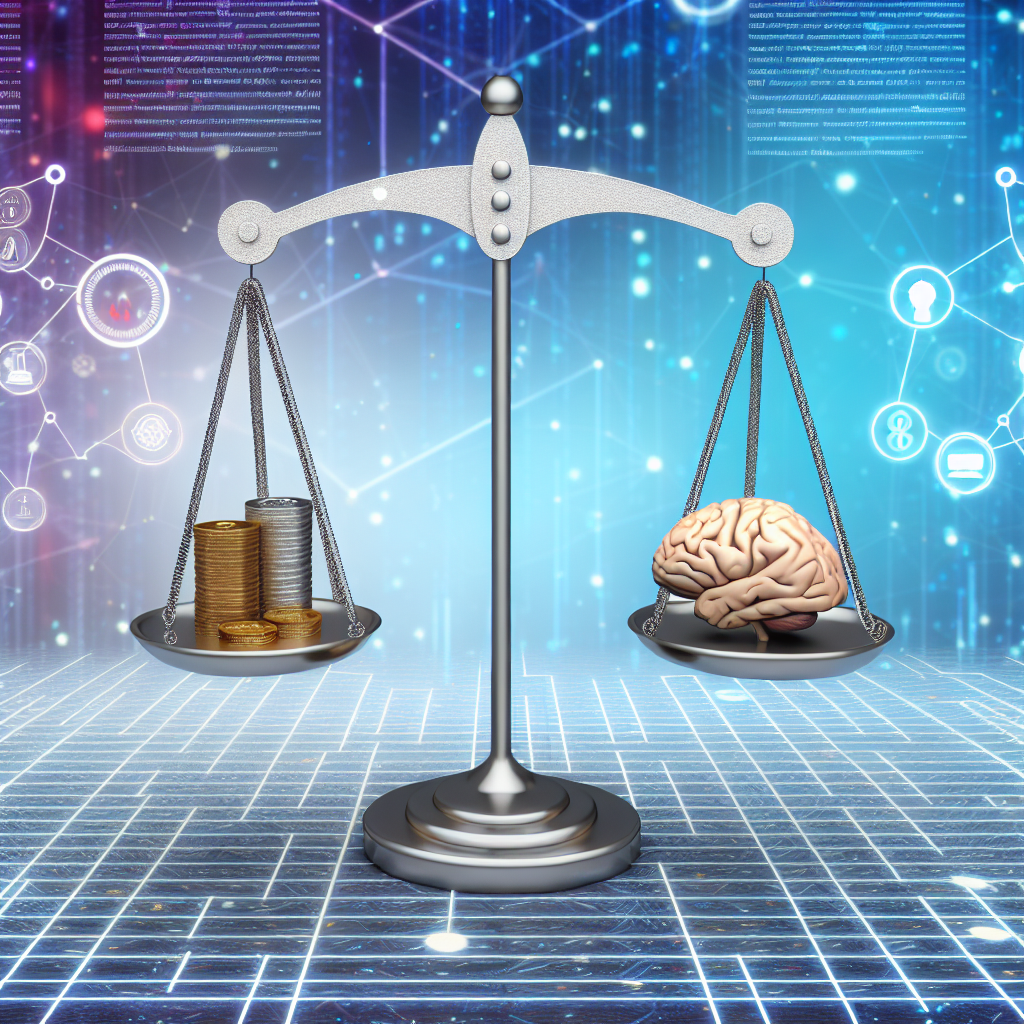Disclosure: The perspectives presented here are solely those of the author and do not represent the views of crypto.news’ editorial team.
The world is currently grappling with a mental health crisis, and the systems intended to tackle it are inadequate. Even though it impacts hundreds of millions globally, many governments allocate only 2% of their health budgets to the matter. This persistent underinvestment, estimated between $200 billion to $360 billion annually, poses a significant barrier to advancement.
Summary
- Conventional research is flawed — mental health studies remain isolated, underfunded, and disconnected from real-world outcomes, despite a $5 trillion annual economic impact.
- DeSci provides a new approach — blockchain-based governance, tokenized funding, and global collaboration can redirect resources toward meaningful research.
- Privacy + access enhanced — tools like decentralized medicine and zero-knowledge proofs facilitate secure patient data sharing, promoting more diverse, high-quality research.
- Faster, cheaper, more inclusive — by removing intermediaries, DeSci reduces costs, speeds up timelines, and opens participation to researchers and patients around the globe.
Traditional research systems are slow, fragmented, and prioritize publication metrics over real-world outcomes. With mental health data fragmented, collaboration limited, and innovation lagging, the divide between research and impact is considerable. However, investing in mental health solutions could restore years of healthy life and potentially contribute up to $4.4 trillion to the global economy by 2050.
Decentralized science, or DeSci, presents a promising alternative: a model that utilizes blockchain technology to finance and coordinate research through transparent, token-based systems. In a field where trust, accessibility, and global collaboration are paramount, DeSci could facilitate the systemic change that mental health research urgently requires.
Traditional research models are failing
Recent data from the AXA Mind Health Report reveals that 32% of the global population is experiencing mental health issues, a trend that has alarmingly persisted since 2023. Non-communicable diseases, including cancer, diabetes, and mental disorders like depression, account for 76% of global deaths, with this burden increasing by 1.3% annually over recent decades.
The economic impact is equally significant, with the global mental health crisis estimated to cost approximately $5 trillion each year, likely to triple by 2030. Psychiatry’s failure to innovate in therapeutics over the past two decades, combined with the escalating demand for more precise treatments, places the mental health crisis at a crossroads of public health and economic disaster.
Despite this rising toll, traditional mental health research remains severely underfunded. In some countries, as many as 90% of individuals with severe mental health issues do not receive care, while governments continue to spend millions on domestic healthcare. The disparity between the magnitude of the issue and the efforts to address it is vast and only grows with time.
Traditional research methodologies are failing, as the focus shifts towards rewarding researchers for acquiring grants and publishing articles, rather than achieving tangible, real-world impact. Moreover, research often experiences limited collaboration or shared data due to HIPAA privacy constraints. This fragmented approach stifles innovation and keeps solutions out of reach for those who need them most.
DeSci: The solution to the mental health research crisis
Utilizing blockchain technology could provide a robust answer to the limitations of traditional research models in mental health. Decentralized science could be crucial for establishing a more effective and equitable research ecosystem.
At its core, DeSci emphasizes community governance, enabling researchers, patients, developers, and other stakeholders to collaborate towards common goals. An example is VitaDAO, a platform that employs its native token to empower community members to vote on funding and governance for longevity-focused projects, giving the community a direct role in resource allocation.
Furthermore, DeSci ensures breakthroughs in data accessibility and patient privacy through innovations like decentralized medicine (DeMed) and technologies like zero-knowledge proofs. DeMed allows patients increased control over their data, enabling secure analysis by researchers. ZKPs, cryptographic tools allowing a party to validate a statement’s legitimacy without disclosing specifics, could usher in a new era of secure data sharing. This will yield reliable data leading to high-quality research for better diagnostics and treatments for mental health conditions.
DeSci can also reduce research costs by eliminating inefficiencies tied to centralized research approaches. Traditional frameworks suffer from slow, bureaucratic procedures and multiple middlemen that hinder swift and cost-effective progress. In contrast, DeSci’s decentralized model fosters quicker collaboration and direct funding, speeding up research timelines and greatly lowering operational expenses.
Additionally, decentralized governance encourages greater inclusivity. Researchers from around the world can engage with the ecosystem, regardless of their institutional or geographic background. When paired with ZKP technology, this system broadens the scope for studying diverse patient populations, allowing individuals to contribute data without the fear of privacy breaches.
The future of mental health research
In recent years, particularly following the COVID-19 pandemic, which prompted a 25% rise in global anxiety and depression, the need to tackle the mental health crisis has never been more pressing. As the gravity of the situation intensifies, the mental health sector must reevaluate its research methodologies.
The advancement of DeSci offers a transformative opportunity. By leveraging blockchain technology and decentralized governance, DeSci enables a more agile, inclusive, and efficient research framework that breaks down barriers for researchers, encourages worldwide collaboration, and fosters transparent funding methods aligned with genuine outcomes.
In this emerging paradigm, the emphasis transitions from publications and grant cycles towards concrete progress in mental health research, focusing not just on improved funding frameworks and data but on reimagining the systems that can deliver them.


